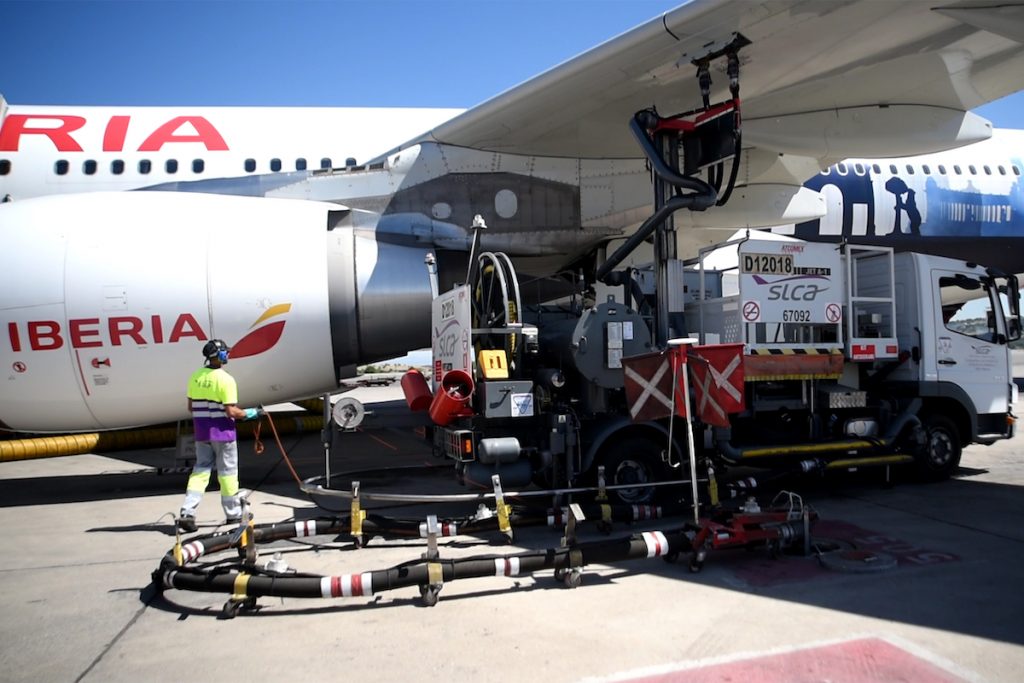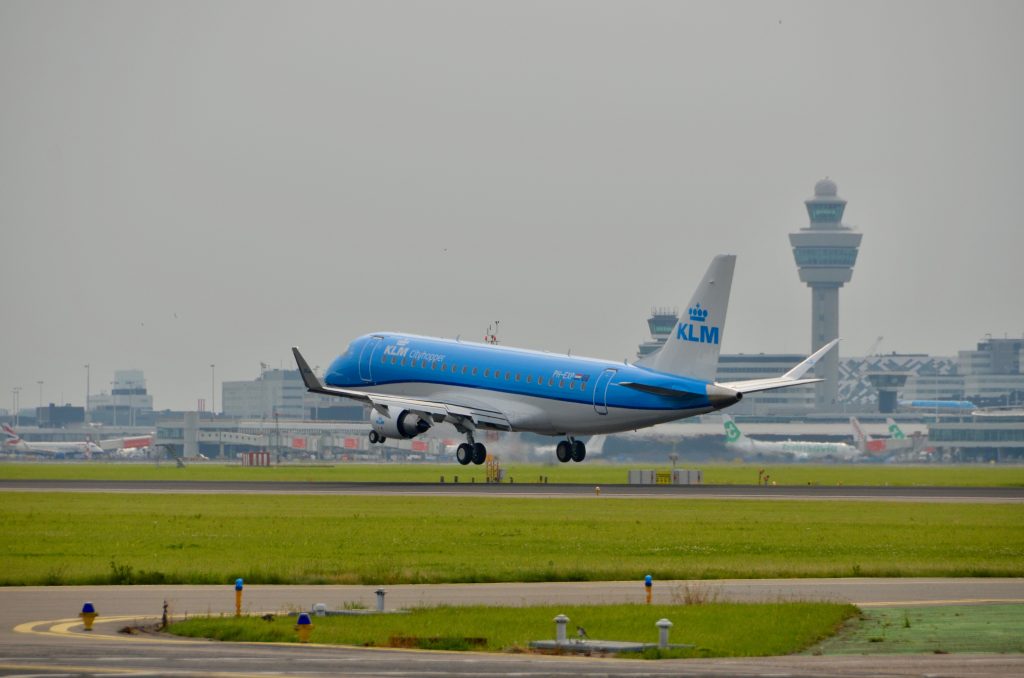Much of the attention regarding the euro’s historic fall has focused on Americans getting cheaper vacations in Europe — and the converse for EU residents — but the euro’s reaching parity with the U.S. dollar obviously has business consequences too — and Booking Holdings will likely have to deal with a material adverse impact.
In a research note Wednesday, Jake Fuller of BTIG wrote that he expects an “11 point headwind” to Booking’s growth in bookings in second quarter results and through the rest of 2022 because of volatility in the euro and British pound.

BTIG estimated that Booking Holdings generates about 55 percent of its bookings in Europe. The company doesn’t break out the percentage. “Within Europe, we assume an 85-15 split between the euro and British pound,” the note said.
Booking Holdings’ exposure to the euro “is likely material, should impact the 3Q guide, and does not appear to be reflected in consensus numbers for the year,” the research note added.
Geography has played a major role in how various online travel agencies fared during the pandemic.
Expedia Group benefited throughout much of the pandemic when the U.S. domestic travel market boomed, particularly for stays in vacation rentals.
On the other hand, Booking Holdings suffered because Europe was slower to rid itself of lockdowns than the U.S., and now Booking has to cope with the euro falling to a low it hasn’t seen in two decades.
From a variety of reports, Booking Holdings appeared to be gaining market share in June, but the euro crisis could blunt some of the progress.

